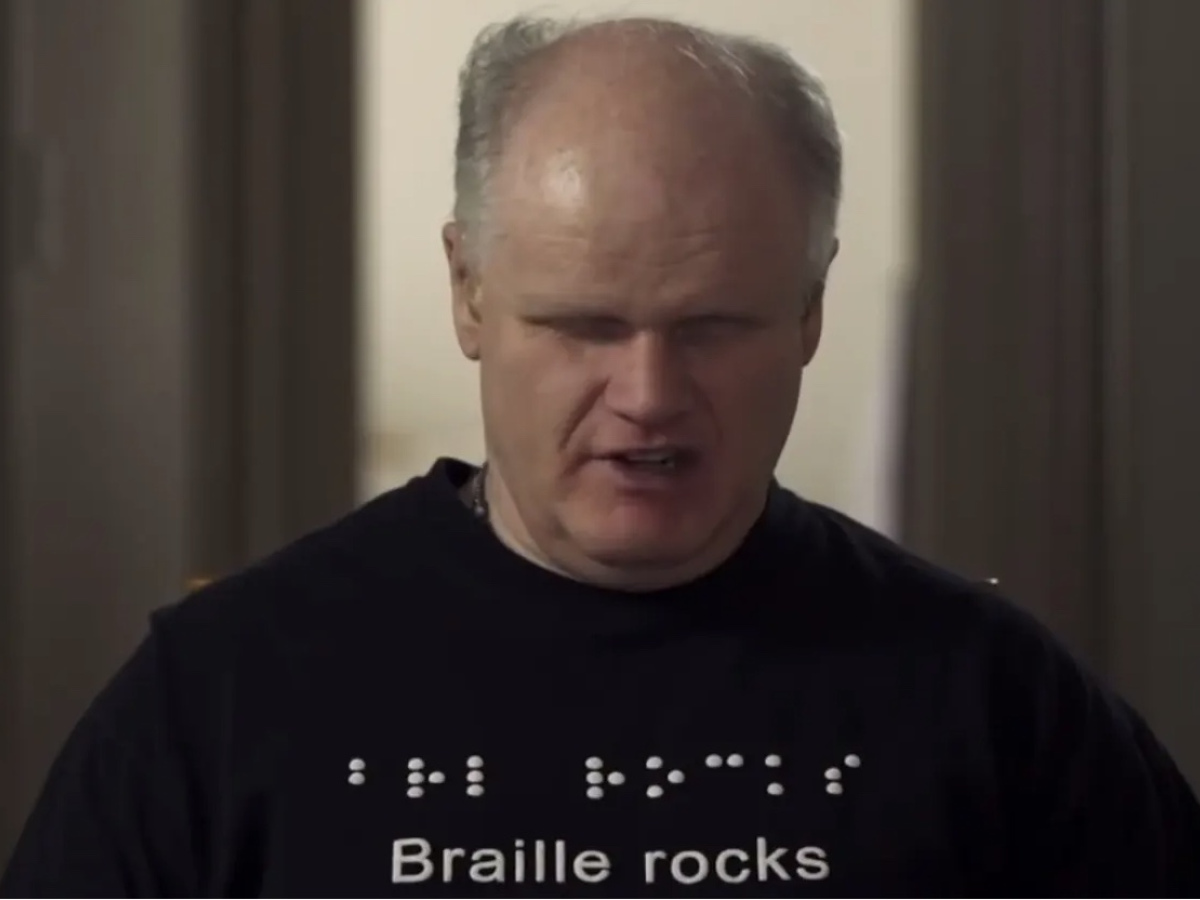Digital Accessibility at the Olympics 2024
As the 2024 Paris Olympics draws to a close, it's a great time to reflect on the changes made in digital accessibility over the years. The Olympics have always been more than just a sporting event. The games are a symbol of global unity and human achievement. But for many years, many people were excluded. The journey from exclusion to inclusion has been a long and challenging one, but thankfully, progress is being made.
By Kirsten Baker & Chandra Harrison

The early days: Accessibility overlooked
The modern Olympics began in 1896, long before digital technology became a part of our lives. When the internet began to take hold, the potential for global engagement with the Games skyrocketed.
But early digital content often neglected people with access needs. Websites were cluttered, navigation was difficult without a mouse, and video content lacked captions. This excluded many people with access needs from the full experience of the Games.
The Sydney 2000 Olympics: A Pivotal Moment
The Sydney 2000 Olympics marked a significant milestone in the history of digital accessibility, though not for the right reasons.
Bruce Lindsay Maguire, a blind web user who accessed the internet through a refreshable Braille display, filed a complaint against the Sydney Organising Committee for the Olympic Games (SOCOG) in 1999.
His case highlighted critical accessibility failures on the official Olympics website, including the lack of alternative text for images, inaccessible navigation, and unreadable results tables for those using screen readers.
Maguire's complaint was a groundbreaking moment, leading to a ruling by the Human Rights and Equal Opportunities Commission (HREOC) that SOCOG's website was indeed discriminatory.
The Commission's findings emphasized the importance of accessible design and set a precedent that would influence future digital accessibility standards. The Australian Government subsequently adopted the W3C Content Accessibility Guidelines (WCAG), and by December 2000, all Commonwealth Government websites were required to pass accessibility tests.
Learning from the past: Beijing 2008 and London 2012
Despite the progress initiated by the Sydney 2000 Olympics, the journey was far from over. The 2008 Beijing Olympics received mixed reviews regarding digital accessibility. While the website was praised for its content, it was also criticized for its lack of essential accessibility features, such as alternative text for images and keyboard navigation. This experience underscored the need for a more comprehensive approach to digital accessibility.
However, the London 2012 Olympics marked a significant improvement. The organisers and sponsors made a concerted effort to ensure that the digital content was more accessible. This shift was partly due to the increased push by UK Government to make websites more accessible and implementing accessibility legislation.
The focus on digital accessibility at the Games and more broadly reflected a growing awareness of the importance of inclusivity in digital spaces, setting a new benchmark for future events.
The evolution continues: Rio 2016 and Tokyo 2020
The Rio 2016 Olympics continued the trend of improving accessibility. The official website was designed with WCAG 2.0 guidelines in mind, offering a more inclusive experience for users with disabilities. However, challenges remained, particularly in the consistency of accessible content across different platforms and languages.
The Tokyo 2020 Olympics, postponed to 2021 due to the COVID-19 pandemic, took digital accessibility to new heights. With a focus on reaching a global audience digitally, organisers implemented even more accessibility features, including live captioning for all video content, audio descriptions, and sign language interpretation for key events. The Tokyo Games website also provided customisable user interfaces, allowing users to adjust text size, contrast, and colour schemes to suit their specific needs.
Paris 2024: Setting a new gold standard
The Paris 2024 Olympics have set a new gold standard in digital accessibility, reflecting the culmination of years of advocacy, innovation, and learning from past experiences.
The International Olympic Committee (IOC) made digital accessibility a cornerstone of its strategy. Again, European Union legislation has also played a part in the push for better digital accessibility.
Key features of the Paris 2024 digital experience include:
- Comprehensive Captioning and Audio Descriptions
- Screen Reader Compatibility
- Customizable User Interfaces
- Sign Language Interpretation
- Real-Time Updates and Alerts.
Importance of advocacy and legislation
The progress made in digital accessibility at the Olympics is a testament to the power of advocacy, legislation and the importance of inclusive design. Bruce Lindsay Maguire's lawsuit in 1999 highlighted the gaps in accessibility and paved the way for the transformative changes we see today.
The legislation that is now in place in the UK, the EU and Australia is vital to the continued positive change in digital accessibility.
Including diverse accessibility features in the Paris 2024 Olympics reflects how far we’ve come but also serves as a reminder that the journey is ongoing.
Supporting advocacy beyond the Olympics
Supporting digital accessibility in sports coverage and beyond requires ongoing advocacy, engagement, and awareness.
- Advocacy: Advocate for better digital accessibility in sports coverage. Support organisations that push for inclusive practices.
- Engagement: Engage with digital content, provide feedback, and highlight areas that need improvement.
- Awareness: Raise awareness about the importance of digital accessibility, ensuring that future events continue to prioritize inclusivity.
- Inclusive Viewing: Use the accessibility features provided, such as captions and audio descriptions, and encourage others to do the same.
Looking ahead
As we enjoy the 2024 Paris Olympics and move into the Paralympics, it is essential to recognise the progress made in digital accessibility and the impact it has on making the Games more inclusive. While the progress is commendable, there’s still work to be done, especially in New Zealand where we are still waiting for robust legislation.
From Bruce Lindsay Maguire's fight for accessibility in 1999 to the comprehensive efforts of today, the evolution of digital inclusion at the Olympics is a journey worth celebrating. By continuing to prioritise accessibility, we can ensure that the spirit of the Olympics—a celebration of human achievement and global unity—is truly accessible to all.
If you’d like help with making your website more inclusive, then contact us. We are always happy to help.
